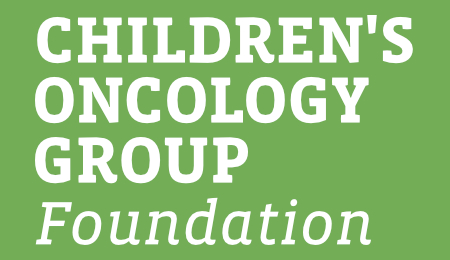For Researchers
The COG, with more than 10,000 experts worldwide, has nearly 100 active clinical-translational trials. These trials include front-line treatment for many types of childhood cancers, studies aimed at determining the underlying biology of these diseases, and trials involving new and emerging treatments, supportive care, and survivorship.
More than 90% of 16,000 children and adolescents diagnosed with cancer each year in the United States are cared for at Children's Oncology Group member institutions.
The COG believes that the most rapid path to improving the outcome for children with cancer is by engaging scientists around the world. There are many opportunities for collaboration, including by becoming either an individual member, or an institutional member, of our organization.
COG Member Institutions
The Children’s Oncology Group has over 200 member institutions. These institutions perform the frontline work of our research mission, by enrolling eligible subjects and families who agree to participate in our research. Our studies not only explore the entire clinical-translation research spectrum of childhood cancers, from the molecular basis of disease, through phase 1 to 3 clinical trials, biomarker discovery, extending into survivorship issues, but also the critically important challenges that pediatric cancer patients confront, including neurobehavioral consequences of disease and therapy.
Spectrum of COG Research
COG’s research studies encompass hematologic malignancies, solid tumors, central nervous system tumors, and rare cancers. Hematologic malignancies include the most common childhood cancer, acute lymphoblastic leukemia, as well as acute myeloid leukemia, non-Hodgkins lymphomas, and Hodgkins lymphoma. Pediatric solid tumors studied include neuroblastoma, tumors of bone (Ewings sarcoma, osteosarcoma), tumors of the kidney (Wilms tumor), rhabdomyosarcoma and other soft tissue sarcomas. Central nervous system (brain) tumors are the second most common form of childhood cancer. COG conducts research in children with medulloblastoma, ependymoma, brainstem gliomas, low and high-grade gliomas, and germ cell tumors. The large multi-site structure of COG also allows it to conduct research into very rare childhood cancer including retinoblastoma, hepatoblastoma, and other tumors.
In addition to disease specific research, COG conducts studies in developmental therapeutics (new cancer drug development), supportive care, epidemiology, stem cell transplantation, behavioral sciences and survivorship.








